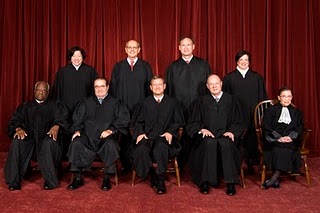When a debtor becomes eligible to inherit property from someone who dies within 180 days of the date the debtor filed bankruptcy that property becomes part of the debtor’s bankruptcy estate. This means that the property, when received, must be turned over to the bankruptcy Trustee. This is true even if you have received a discharge and your Chapter 7 bankruptcy case has been closed. Trust me, the Trustee will be more than happy to reopen your bankruptcy case.
Once the property is obtained by the Trustee, notices will be sent to creditors. Property other than money, such as jewelry and vehicles, will be liquidated to obtain cash to pay out. The creditors will file claims and the Trustee will begin to disburse the funds. In some cases, there may be money left over after all the filed claims are paid. This can happen if the inheritance is in excess of the debt you actually owe or if some of your creditors fail to file claims by the bar date. Occasionally some or all of the value of the inheritance can be exempted, and sometimes the Trustee will not require turnover of the inheritance because it is considered too small to be worth the work associated with distribution.
Some debtors think they will avoid this issue by failing to disclose their inheritance. Do not make this mistake! Concealing assets is bankruptcy fraud, which is a federal crime punishable by up to five years in prison and/or a $250,000.00 fine. At the very least, you will likely lose your discharge if the Trustee finds out which means you will still owe all the debt you filed to eliminate.




